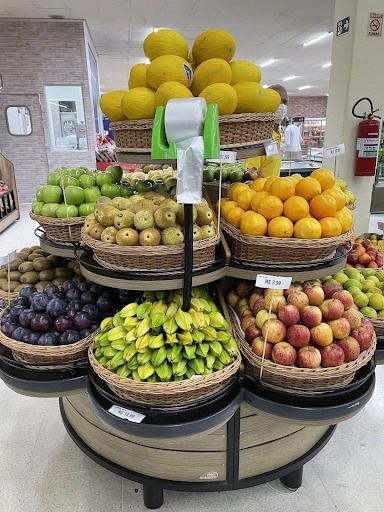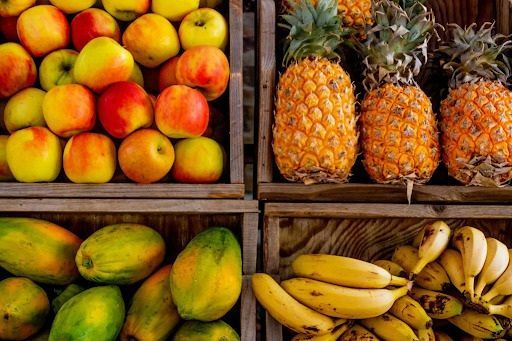Transporting Perishable Products: From farmers to consumers
Fruits are shipped worldwide, regardless of where they were produced. It is necessary to consider how to keep goods in excellent condition, especially during transportation.
This is especially important when handling perishable products, where you need a perfectly regulated temperature, packaging, and other factors to keep their quality and avoid spoilage. There is a vast choice of transportation to satisfy the different buyers, wholesalers, and food services.
Consequently, packers, shippers, buyers, and customers must grasp the wide variety of packaging alternatives in the food market.

Preparation for Stuffing
Agricultural rules vary from country to country when transporting perishable goods. Thus, there are several additional considerations when shipping them, including approval by the government, documentation of shipping the products, and other essential requirements that ensure that consumers are protected, competition is fair, and businesses follow the laws of a given country.
Shippers must know what they are shipping, as some fruits cannot be transported together with other food. All fruits release a harmless gas called ethylene after being harvested, which causes certain products to ripen and spoil faster, so they must be separated from fruits that release this gas in large quantities.

Packaging
Wrapping fresh fruits is one of the most complex processes from producers to consumers. A variety of packaging, package sizes, and insulation options are available.
Containers for fresh fruit and vegetables need to have adequate stacking strength to withstand crushing and a high-humidity environment.
Currently, the cost of packing materials has risen rapidly, yet low-quality, lightweight containers are quickly destroyed by handling or moisture.
Shipping containers must be strong enough to resist and protect the cargo from any damage and adverse environmental conditions during transportation.
Customers who want to import or export fresh fruits should check with freight companies to see if additional packaging requirements are necessary.
Additionally, the
USDA and export organizations may be able to give information on packing requirements and specifications.
Quality cargo control
Customers will most likely reject products damaged by poor handling and transportation conditions. Temperature, humidity, and ambient gas composition are unique to each fresh fruit item.
Fruit carriers must maintain an ideal atmosphere for the most excellent shelf life possible. Different polymers, such as insulation, may be used to keep the temperature out, and specialized plastic liners can maintain a good balance of oxygen and CO2.
Labeling
Make sure your packages are properly labeled and sealed. Ensure that your perishables are visible to the shipping company's workers handling them.
Doing this makes them at less risk of being held up. Short-notice deliveries may need the use of customized labels to keep them moving.
The packaging must identify the type of fruit and along with information about it. Fruit identification information such as the name, brand, size, grade, variety, net weight, and the grower is standard and may even be required in certain situations when purchasing fruits.

Cargo transport: from farmers to consumers
The fruits you consume daily pass through a lengthy process; it begins with farmers and continues through packing, shipping, wholesaling, and retailing to reach the ultimate consumer finally. If the products are not purchased locally, the supply chain may be unexpectedly long, and the goods must still be in acceptable condition despite the length.
There are several factors to consider regarding how many days until the product reaches the supermarkets, depending on where they are being harvested.
Three days is the average delivery time for fruit farmers more than 100 miles away, often transported by truck. Some of these products are imported from other countries, and it takes longer to reach the supermarkets' shelves.
Consider hiring a logistics expert who can help you make critical choices, such as which service and type of vehicle to use to comply with the sometimes-strict delivery dates associated with supermarket deliveries.
Create an ultimate cargo control plan and ensure your products are shipped in excellent condition. Download the guide here.





